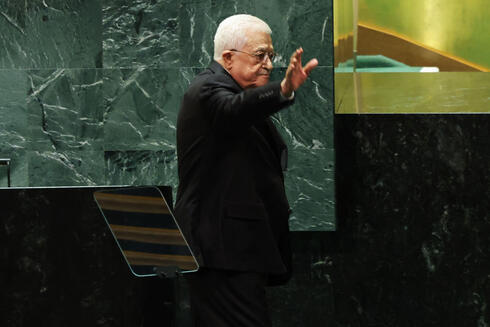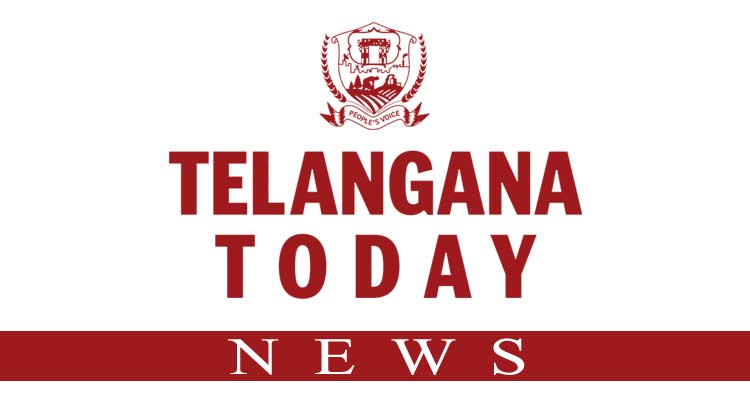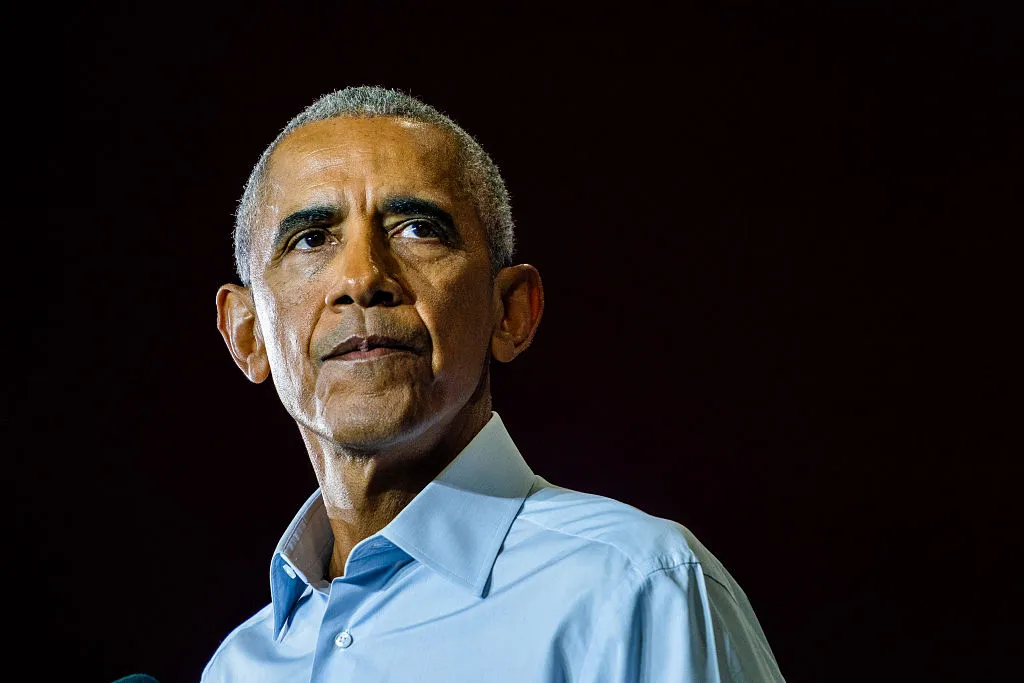By Itamar Eichner
Copyright ynetnews

The UN General Assembly voted Friday to allow Palestinian Authority Chairman Mahmoud Abbas to address next week’s annual gathering of world leaders by video, after the Trump administration refused to grant him a visa to travel to New York. The resolution passed overwhelmingly, with 145 countries in favor, five against and six abstentions. Abbas is scheduled to deliver his remarks on Sept. 25. It is not the first time such a situation has occurred. In 1988, Yasser Arafat, then chairman of the Palestine Liberation Organization, was denied a U.S. visa. As a result, the General Assembly session was moved to Geneva, where Arafat delivered his speech. Israeli Ambassador to the UN, Danny Danon, criticized Friday’s decision. “Here at the UN, they are preparing for Palestinian theater during the General Assembly,” he said. “Today, they approved yet another proposal allowing Abbas to speak remotely and the Palestinian ambassador to speak before him. We are certain it will be a ‘Palestinian festival’ next week. We will continue our activities on the ground — striking Hamas and bringing all the hostages home.” The U.S. decision to bar Abbas was conveyed last month, relatively shortly before the annual meeting. A State Department official said visas were denied to 80 members of the Palestinian Authority delegation in addition to Abbas himself. In a formal statement, the State Department said: “It is in our national security interests to hold the PLO (Palestinian Liberation Organization) and PA (Palestinian Authority) accountable for not complying with their commitments, and for undermining the prospects for peace.” Palestinian officials said they were surprised by the American decision, expressed regret over it and argued that it violated international law and the UN Charter, especially since Palestine holds observer status at the United Nations. During the General Assembly, several countries led by France are expected to announce their recognition of a Palestinian state. The initiative, launched by French President Emmanuel Macron, is set to culminate Monday with a joint conference hosted by France and Saudi Arabia. Crown Prince Mohammed bin Salman is not expected to attend, however — a development viewed in Israel as a setback to Macron, who had hoped for a stronger show of support. In addition to France, Britain is also weighing recognition, possibly as early as this weekend. At least five other countries — Australia, Canada, Portugal, Belgium, Malta and Luxembourg — are expected to follow, though diplomats cautioned that last-minute changes remain possible. Japan, meanwhile, has decided not to support recognition at this time. Japanese Foreign Minister Takeshi Iwaya informed his Israeli counterpart, Gideon Sa’ar, that Tokyo will not back such a move in the upcoming assembly. Earlier Friday, France announced that a Palestinian terrorist responsible for a deadly 1982 attack on a Jewish restaurant in Paris had been arrested by the Palestinian Authority in the West Bank. Six people were killed and at least 20 wounded in the assault on Joe Goldenberg’s restaurant in the Marais district — the deadliest antisemitic attack in France since World War II. French Foreign Minister Jean-Noël Barrot wrote on X that the arrest was made possible “thanks to the president’s decision to recognize a Palestinian state, which allowed us to request extradition.” Macron welcomed the cooperation with the Palestinian Authority and said, “We are working together toward a swift extradition.” The 1982 attack was part of a wave of overseas violence carried out by Palestinian terrorists beginning in the 1970s. Until now, no one had been prosecuted or punished for the Paris bombing. Barrot said, “Nothing will alter France’s determination to act against terrorism and antisemitism.” Since Macron’s initiative set off a wave of recognition for a Palestinian state, France’s Jewish community has denounced the move as dangerous, warning it could “trigger a new wave of antisemitism.” An article in Le Figaro reported that against the backdrop of a surge in antisemitic incidents since Hamas’ Oct. 7, 2023, attack on Israel, Jewish leaders voiced feelings of “disappointment and betrayal.” The timing of the expected announcement — Sept. 22 — has further fueled anger. It coincides with Rosh Hashanah, the Jewish New Year, as well as the anniversary of the outbreak of the second intifada, a violent Palestinian uprising marked by suicide bombings, shootings and terror attacks that killed more than 1,000 Israelis, mostly civilians. A senior Jewish leader told the French daily the date showed “historic insensitivity” and called the move a “diplomatic mistake” deepening French Jews’ distrust of the authorities. Seeking to calm tensions, Macron met with prominent Jewish figures, including philosopher Bernard-Henri Lévy, CRIF President Yonathan Arfi, Chief Rabbi Haim Korsia and other community leaders. He stressed that recognizing a Palestinian state was not aimed against Israel but intended to “restore hope,” promote peace and isolate Hamas. “If we do not take this path, Hamas will win,” Macron said in the meetings. But his assurances failed to dispel fears. Ariane Prendry, an organizer of a November 2023 rally against antisemitism, warned the move would “embolden antisemites.” A poll by IFOP for Le Figaro found that while 29% of French citizens support recognition, among French Jews it is largely viewed as a “betrayal.” Meanwhile, Foreign Minister Sa’ar sent a letter Friday to Cho Hyun, his South Korean counterpart and the current president of the UN Security Council, urging that a special meeting scheduled for Sept. 23 be postponed. The debate — requested by Pakistan, Somalia and Algeria — is set to focus on alleged “Israeli aggression.” Sa’ar argued that holding the meeting on Rosh Hashanah, one of Judaism’s holiest days, would effectively prevent Israel’s representatives, diplomats and Jewish officials from attending. “This undermines the principle of fair diplomacy and denies Israel the opportunity to defend itself against the false accusations that will undoubtedly be leveled against the Jewish state on this sacred day,” Sa’ar wrote.



